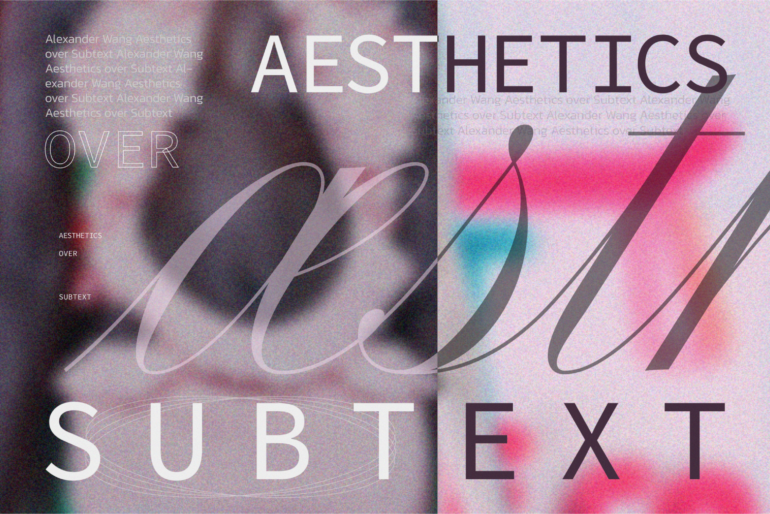Alexander Wang recently made a comeback in Los Angeles Chinatown with his first collection ‘Fortune City’ since his fallout from accusations of sexual misconduct. After two years in the works, the designer plays it relatively safe. To avoid heat and any sort of bad press (which I don’t think he achieved), the designer took a detour from the bustle of New York Fashion Week to show his collection off in LA’s Chinatown district as a homage to his Chinese culture. Not only that the designer made himself unavailable for any post-show interviews, but he staged an open public show.
Not just the designer but anyone and everyone that showed their support for the designer was put under heat for forgetting his controversial history and only cemented the idea of the fashion industry’s failure to support the victims of sexual abuse and hero-worshipping the designers, frequently excusing their poisonous behavior justifying it as ‘misunderstood artists.’ Our allure for fashion and beauty once again trumps context and subtext.
The collection in itself seemed to be well…been there, done that. While the clothes were in line with his aesthetic, the off-handed downtown glamor he has so long trafficked in, the line seemed very recognizable. The exaggerated shoulder pads, the Miu Miu micro-minis, and many denim and leather. More old friends were on the runway, including Hanne Gaby Odiele, Soo Joo Park, and Adriana Lima, whose pregnancy was on display underneath a weblike blacktop.
The show did not just end with that, but attendees could spend Alexander Wang-branded vouchers at the stalls of local Chinese vendors offering meat skewers, dragon’s beard candy, and bingtanghulu (candied Hawthorne fruit, a nostalgic hit with Chinese models backstage).
In the hope of something good, sales from limited edition t-shirts were donated to preserve the district and restore landmarks. This seems to be an extension of the designer’s rebranding in 2019, when he became more vocal about his family’s background and experiences as first-generation immigrants in the 1970s.
“The fashion industry loves saying, ‘We’re edgy, we’re out there, and if you bring your so-called ‘pedestrian’ values or ethics, then you’re discounted as someone who just doesn’t get it.” I am not sure these past two years have in any way changed Mr. Wang for the better or if there’s going to be a change in the way the designer conducts himself, but all we know is he has little leverage left to make a mistake.
Words by Rhea Gupta.
Graphics by Fai McCurdy.

